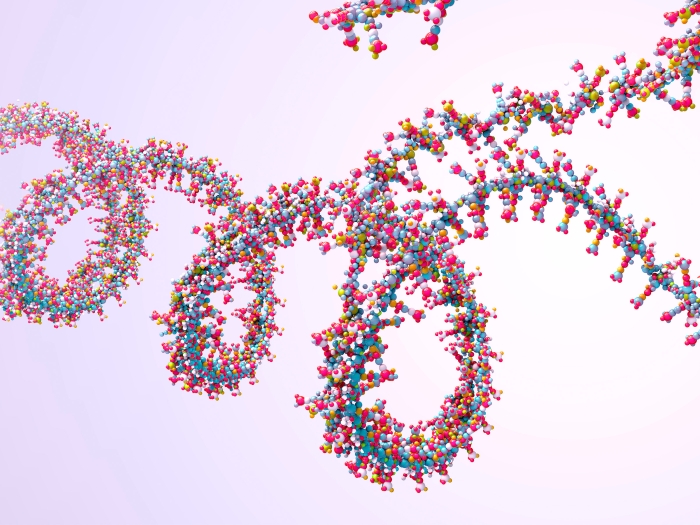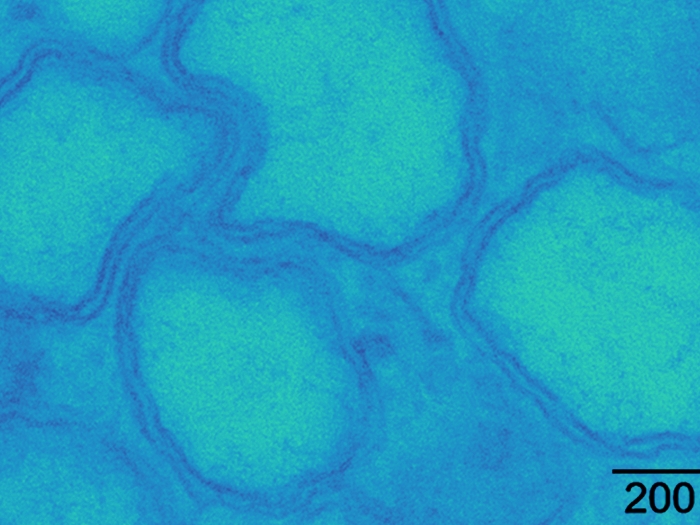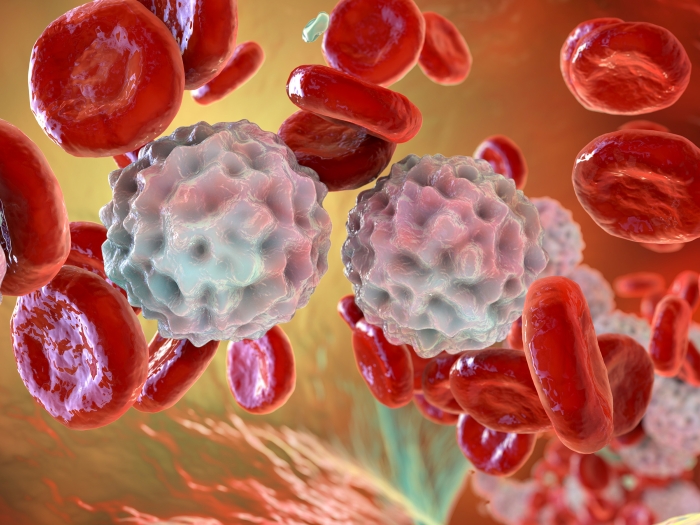
Once upon a time, it was called brimstone. Add it to fire, and it's a symbol of divine retribution. We now call it sulfur. In our own guts, we convert it to hydrogen sulfide, an environmental toxin. And it stinks, literally (that's where rotten eggs get their stench).
"Why do we produce it at all?" asks Ruma Banerjee, Ph.D., the Vincent Massey Collegiate Professor of Biological Chemistry. "We also have a pathway dedicated to clearing it." Colon cells are routinely exposed to this highly toxic substance, and yet they've adapted to survive.
Part of Banerjee's lab work is focused on figuring out how this works and what role toxic hydrogen sulfide plays in what has become an immensely popular topic: gut health. She hopes her work on hydrogen sulfide will help us better understand irritable bowel syndrome, colon cancer, and other gut-related health issues.
Banerjee's other passion in her lab is B12. Unlike hydrogen sulfide, we don't make it. Though it's only used by two enzymes in the body, "its absence is incompatible with life," says Banerjee. B12 is also "completely absent from the plant world."
"We have two enzymes that need it, but seven chaperones that escort it. They bind it really avidly, so we don't get to be B12 deficient very easily. In the process there's a lot of very intricate chemistry that we're unraveling, as this massive cofactor swings from one escort to another." Understanding this sophisticated choreography could be key to curing or treating rare diseases associated with B12.
Outside of the lab, Banerjee has been an advocate for criminal justice reform. When she was still new to Ann Arbor in 2012, Banerjee was looking for a robust volunteer opportunity. That's when she was introduced to the National Lifers of America chapter at the Women's Huron Valley Correctional Facility. The organization helps imprisoned women advocate for each other. Over the years, Banerjee has helped edit their newsletter — an important tool for communicating with legislators who might be involved in criminal justice reform efforts. She has also organized programming, such as bringing congressional representatives and political candidates to meet with the women.
Banerjee hopes someday there might be a collaboration between Michigan Medicine and the Michigan Department of Corrections and has spoken with medical students who are interested in doing rotations in prisons. Banerjee envisions learners being able to offer health care to an underserved population while gaining a deep understanding of the unique health needs of imprisoned women. "Because the women's prison is right here in Ypsilanti, it's very accessible," she says. Such a partnership "would be beneficial to both institutions."





